Breaking
- MENU
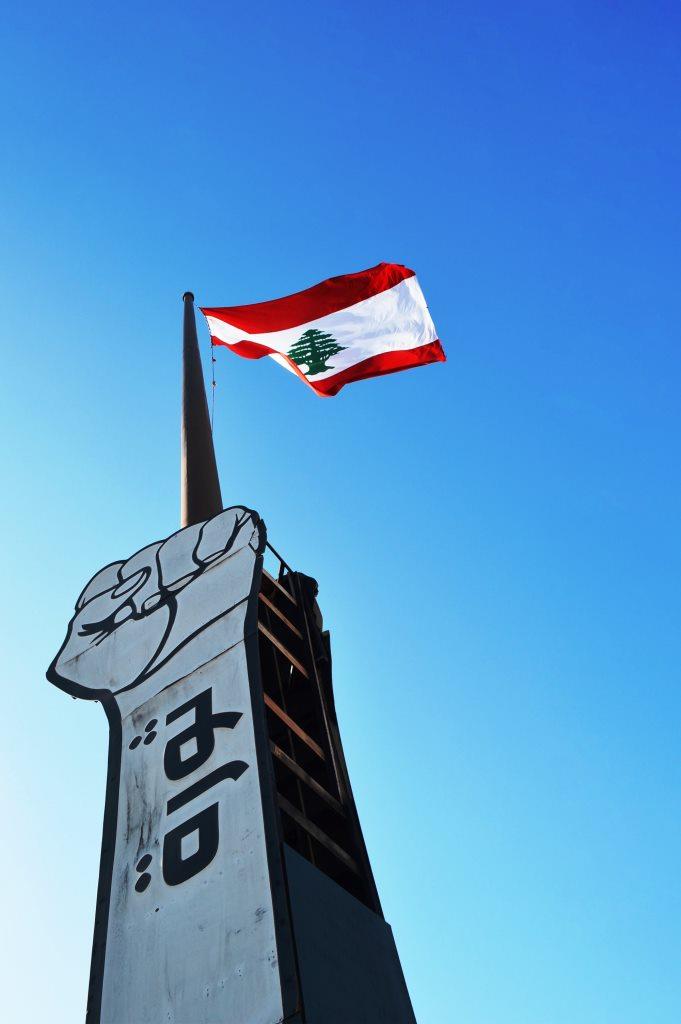
How does one manage a fractious polity with multiple identities existing amongst citizens? Some analysts argue that identity politics is manageable through power-sharing – often referred to as consociation or consociationalism. Far from dragooning people into one identity, power-sharing does two things. First, it actively acknowledges different identities. Second, it views these multiple identities as legitimate. Power-sharing arrangements are characterized by four elements. These include: the involvement of major groups in power-sharing at executive level; the possibility of a minority veto on certain crucial issues; the internal autonomy of groups where it is desired most; and proportional representation and proportional allocation of public funds and posts in the civil service. Such power-sharing agreement prevents the marginalization of one group and can thereby create a spirit of loyalty to the state. However, for it to work optimally leaders must be viewed as legitimate by their own constituency and their constituency also have to receive the material benefit of such power-sharing arrangements. Such consociationalism needs to be periodically renegotiated given changing circumstances and it requires successive generations of leadership to remain committed to power-sharing with its concomitant compromises.
Lebanon’s power-sharing system has been unravelling in recent years and it is instructive to examine the reasons for this. Christian Lebanese, the majority of who are Maronite Christians, constitutes 33.7 per cent of the population. Shia and Sunni Muslim are fairly equal in number with 30.6 per cent being Sunni and 30.5 per cent Shia. Druze is 5.2 per cent following by minuscule numbers of Jews, Baha’i, Buddhists and Hindus. Lebanon’s “confessional system” of governance links power-sharing arrangements to religious identification. Thus, the Lebanese President always hails from the Maronite Christian community. The Prime Minister is always a Sunni Muslim, whilst the speaker of parliament is reserved for a member of the Shi’a community. This latter position was devoid of actual power and Lebanese Shi’a opposed the confessional system believing that it marginalized their voice.
Hezbollah’s founding manifesto in 1985 also initially vehemently opposed this Shi’a marginalization in Lebanon’s power sharing agreement and the privileged status of Maronite Christians and Sunni Muslims. However, following the signing of the 1989 Ta’if agreement Hezbollah became more supportive of the confessional governance system. The Ta’if agreement provided official recognition to Hezbollah as a resistance movement. Not only did this increase its prestige but it meant that Hezbollah remained armed whilst other militias were disarmed. Hezbollah also managed to master the art of sectarian politics where they and they alone were identified with the Shia bloc through the provision of social services from education and healthcare, garbage collection, electricity and water provision. Much of these social services were funded through the US $100 million that Hezbollah received annually from Tehran. In 1991 Hezbollah began to run its own television station Al Manar (The Beacon) as well as founding The Educational Institute (al-Mu’assasa al-Tarbawiyya) which provides educational services thereby contributing to an ideal Shi’a society. The educational and social services provided, together with its media outreach, all contributed towards identifying Hezbollah as the only legitimate representative of the Lebanese Shi’a community. It also promoted the Islamization of the Shi’a community as it sought to control the narrative of what constituted a good Shi’i as well as obedience to Hezbollah’s leadership.
Despite its initial resistance Lebanese sectarian politics, Hezbollah drew benefit from it and mastered the art of deploying identity for political objectives. Hezbollah has actually made use of the confessional governance system to create a state within a state. As such, it has resisted calls from the Lebanese street to reform or radically alter the current power-sharing agreement in Lebanon. Hezbollah resisted the call from ordinary Lebanese in 2011, as part of the Arab Spring, to rid the country of such sectarian identity politics. In 2015, more animated calls for an end to the confessional system of governance arose with demonstrators again taking to the streets. Once more, Hezbollah resisted the end to the politics of division. It’s Secretary-General, Hassan Nasrallah whilst publicly arguing that his organization adopted a neutral position, worked with other sectarian political elites, despite ideological and political differences, to thwart popular forces calling for an end to the confessional system. Nasrallah also labeled those calling for an end to the current system ‘Takfiris’ and Zionist agents. Whilst making common cause with other political elites, Hezbollah was slowly controlling the Lebanese state from within. Its armed forces, some analysts argue, are more powerful than that of the Lebanese Armed Forces. Its insidious control of the Lebanese state, meanwhile, continued apace and by February 2020 Lebanese President Michael Aoun felt compelled to publicly deny that Hezbollah is leading the new government.
Hezbollah’s support for the sect-based party system, however, is going against popular opinion on the Lebanese street and makes little financial or governance sense. As alluded to earlier one of the key characteristics of effective power-sharing systems is that not only leaders but their constituency must also materially benefit from confessional governance. This is clearly not happening in Lebanon where the same families have been in power since the end of the civil war. Patronage networks and nepotism as opposed to the requisite technical skills has resulted in not only ineffective governance but also entrenched corruption. Lebanon has one of the planet’s largest debt loads. Government debt is more than 150 per cent of gross domestic output and prospects of a sovereign default are highly likely. The central bank and local lenders were compelled to restrict the transfer of monies abroad as a result of a severe shortage of foreign exchange. This economic crisis has resulted in Lebanese to take to the streets since October 2019. These protests forced the government of Prime Minister Saad Hariri to resign.
The new administration of Hassan Diab has turned to the International Monetary Fund for assistance but they, together with the World Bank, has warned of the implosion of the Lebanese economy without an improvement of electricity supply, reforming education and liberalizing the telecommunications sector. Given the overlapping connections between sectarian political and economic leader, however, Prime Minister Diab is unable to undertake such reforms. It is precisely for this reason that protests have continued against the new administration calling for new electoral laws which would entail the elimination of the confessional governance system which has impoverished ordinary Lebanese whilst promoting sectarianism and exacerbating the governance crisis. Hezbollah, once again, has resisted any change to the current system and may well find itself on the wrong side of history. The Lebanese power-sharing experiment demonstrates the danger of allowing one group to amass power at the expense of other groups (for instance, allowing Hezbollah to retain its armed militias), to create a state within a state and allowing it to take over as well as excluding the majority of the population from materially benefiting from the system. The latter takes on added significance within the context of an economy in free-fall.
Note: This article was originally published in Middle East Tracker on 23 June 2020 and has been reproduced with the permission of the author. Web Link
As part of its editorial policy, the MEI@ND standardizes spelling and date formats to make the text uniformly accessible and stylistically consistent. The views expressed here are those of the author and do not necessarily reflect the views/positions of the MEI@ND. Editor, MEI@ND: P R Kumaraswamy
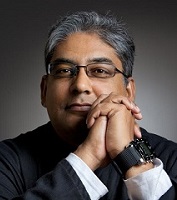
Prof Hussein Solomon is an expert on conflict resolution, fundamentalism. He is a member of the International Advisory Council of the Toda Institute for Global Peace and Policy Research in Hawaii
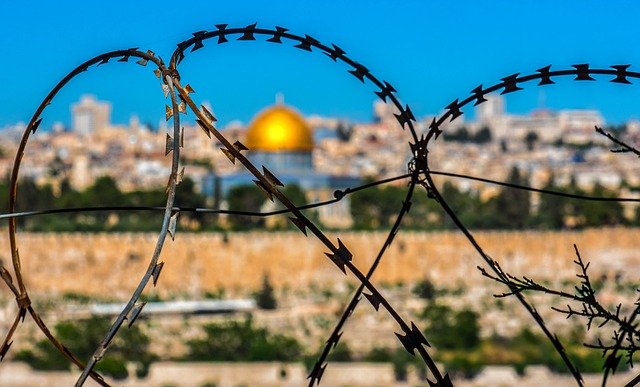
I’ve attempted to refrain from commenting on the Hamas-Israeli conflict, and failed. As an old.....

Much media attention was paid to the so-called Abrahamic Accords signed between Israel and the Unite.....

There is a wonderful story about Caliph Umar which I am particularly drawn to as a Muslim. Following.....
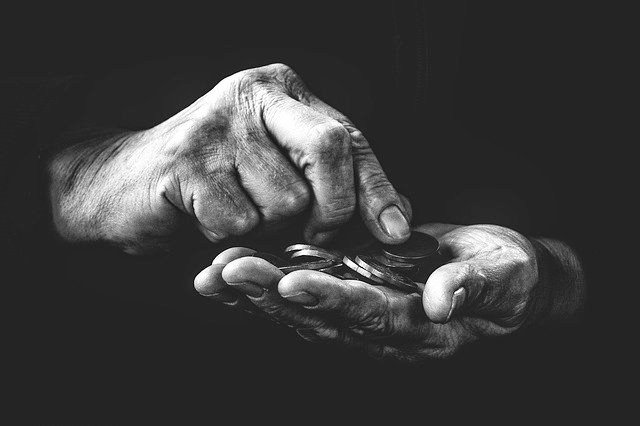
Exploring the Interface between Rentier States and Authoritarianism The Middle East North Africa .....

As a child, this triple Abrahamic tradition in my family has always fascinated me as I attended a Ca.....
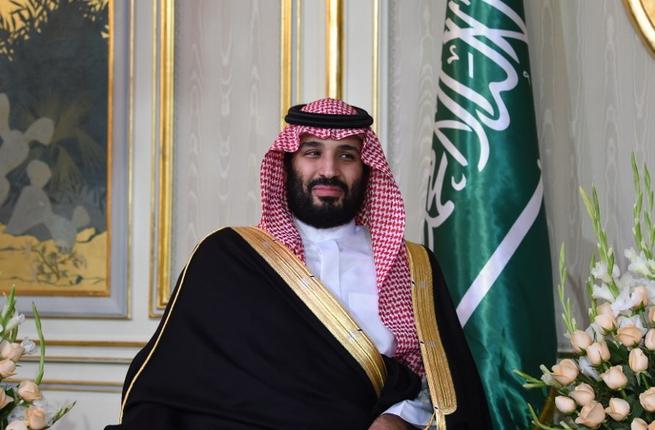
The ruling Saudi family has historically drawn their legitimacy from their proximity to the conserva.....
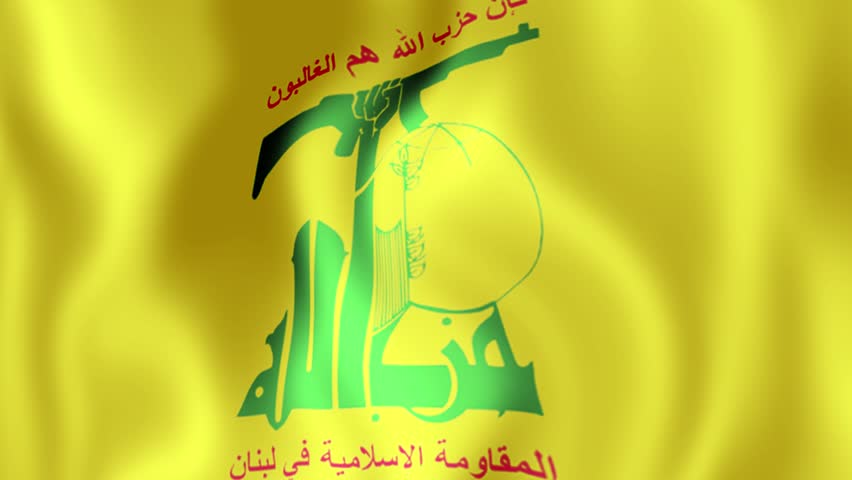
1. INTRODUCTION: FRAMEWORK OF ANALYSIS “Prior to September 11, 2001, Hezbollah was re.....
